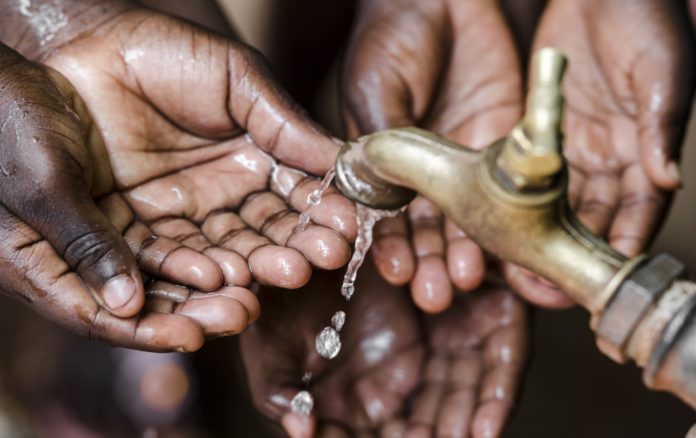New Delhi (NVI): At least 30 Indian cities including Mumbai, Jaipur and Bangalore among others will face increased water risks in the few decades, unless urgent action is taken to mitigate and adapt to climate change, according to the World Wide Fund (WWF) study.
The WWF’s new water risk scenarios estimated that, hundreds of millions of people in cities across the globe could face dramatically increased water risks, with water crises already plaguing many of the world’s cities.
As per the scenarios in the WWF Water Risk Filter, the 100 cities that are expected to suffer the greatest rise in water risk by 2050 are home to at least 350 million people as well as nationally and globally important economies.
Globally, populations in areas of high-water risk could rise from 17 per cent in 2020 to 51 per cent by 2050.
The list includes cities which are Beijing, Jakarta, Istanbul, Hong Kong, Mecca and Rio de Janeiro with China accounting for almost half the cities, the study said.
“About 30 Indian cities including Jaipur, Indore, Amritsar, Pune, Srinagar, Kolkata, Bangalore, Mumbai, Kozhikode and Vishakhapatnam among many others have been identified as cities that will face increasing water risks in the next few decades,” it added.
Sejal Worah, Programme Director, WWF India, said, ” The future of India’s environment lies in its cities. As India rapidly urbanizes, cities will be at the forefront both for India’s growth and for sustainability.”
“For cities to break away from the current vicious loop of flooding and water scarcity, nature based solutions like restoration of urban watersheds and wetlands could offer solutions. This is our chance to re-evolve and re-imagine what the future of the cities could be,” she added.
Moreover, the Smart Cities initiative in India could offer an integrated urban water management framework combining urban planning, ecosystem restoration and wetland conservation for building future- ready, water smart and climate resilient cities.
“Urban watersheds and wetlands are critical for maintaining the water balance of a city, flood cushioning, micro-climate regulation and protecting its biodiversity,” the WWF said, adding that, the future of our cities and sustainability lies in the efficiency in closing the loop by integrating water supply, demand management.
The study informed that the multi-stakeholder engagement and ownership involving local communities is key in creating and conserving sustainable water infrastructure and rejuvenating urban freshwater systems.
There are many initiatives across the country that can be scaled up where multi-stakeholder groups have come together and revived wetlands such as Bashettihalli wetland in Bengaluru and the Sirpur Lake in Indore.
However, urban planning and wetland conservation needs to be integrated to ensure zero loss of freshwater systems in the urban areas.
While improving the urban water infrastructure and cutting water consumption will help reduce water risks, Nature-based Solutions, such as restoring degraded watersheds, reconnecting rivers to their floodplains and restoring urban wetlands are critical to avoiding the worst-case scenario and to safeguarding economies and human wellbeing.
“Launched in October, the new climate and socio-economic pathway-based scenarios for 2030 and 2050 are available in the WWF Water Risk Filter, the leading online tool for assessing, valuing and responding to water risk,” the WWF said in a release.
These scenarios are aligned to the Task Force on Climate-related Financial Disclosure (TCFD) recommendations and can help companies, and cities, better understand future water risks and drive more effective corporate action on climate and water resilience, it added.
-RJV








